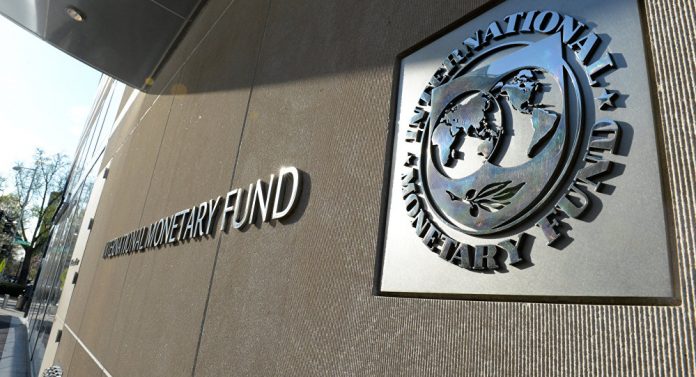ISLAMABAD: The second Post Program Monitoring (PPM) evaluation of Pakistan’s economy by International Monetary Fund (IMF) will take place at Islamabad on December 18.
Sources told this scribe that the International lending’s body (IMF) will evaluate Pakistan’s economic performance under Article IV of the IMF’s Articles of Agreement.
The IMF conducts the PPM of borrowing country, once a country has completed its lending program, the aim is to identify risks to such member countries’ medium-term viability and provide early warnings on risks to the Fund’s balance sheets furthermore the IMF staff gives advice on policy actions to correct macroeconomic imbalances if necessary.
Sources told this scribe that officials would brief the delegation about the latest situation of Pakistan economy. Federal Board of Revenue (FBR) has gained 24 per cent revenue growth in first five months of the current fiscal year 2017-18, in addition to this, State Bank of Pakistan (SBP) reserves reached to $ 18,925 million in first four months.
Furthermore, the officials will give a satisfactory picture of power sector that line losses and recoveries have been improved by 1 per cent during the current fiscal year. Sources further added that the current account deficit has gone to $ 12.2 billion during July to October that is worrisome for government moreover the losses of Pakistan Steel Mill, Railway and Pakistan International Airline (PIA) have piled up to Rs 360 billion and Rs 40 billion respectively.
The circular debt has again reached to Rs 450 billion. The country has obtained $ 2452 million loans and grants from a bilateral and multilateral institution in first four months excluding $ 2.5 billion of Sukuk and Euro Bonds rose at the rate of 5.625 per cent.
It is necessary to mention here that Pakistan had completed its three years $ 6.4 billion bailout program in August 2016 and the first PPM was held in April this year, in that review, IMF had stated that macroeconomic resilience was strengthened during the three-year Extended Fund Facility (EFF)-supported program completed in September 2016: growth increased, the fiscal deficit was reduced, and foreign currency reserves recovered. On the structural front, the accumulation of arrears in the power sector has resumed, financial losses of ailing public sector enterprises continue to weigh on scarce fiscal resources, and exports remain low. Despite progress, poverty and inequality are still significant, and growth needs to become more inclusive.
The incumbent government has repeatedly reiterated that Pakistan will not go to IMF for another bailout package in near future.
Repeated attempts were made to contact Spokesperson of Finance Ministry to take his view on IMF delegation’s visit to Pakistan but he did not answer.

























